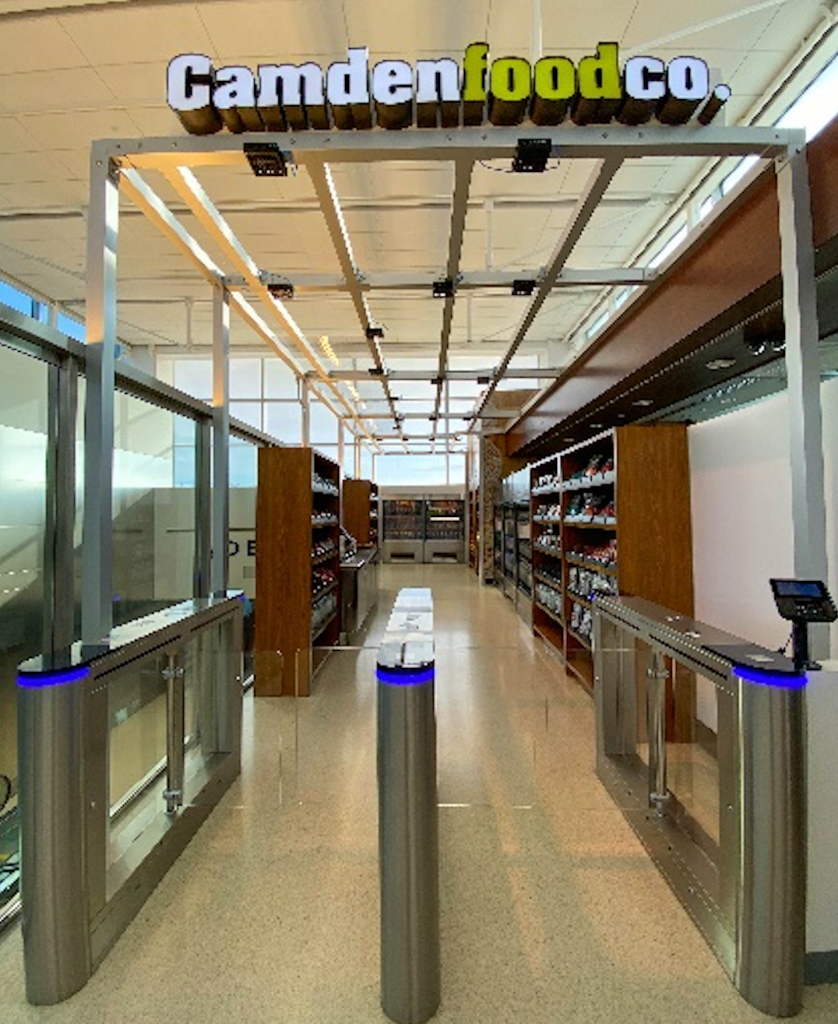While most companies across the food value chain are embracing AI in some form, one major player that’s been notably quiet is Starbucks.
From mobile ordering to Web3 experiments, and computer vision-powered bioauthentication to automated drink-making, the Seattle-based coffee giant has never shied away from tooting its own hard about tech-forward initiatives. But when it came to generative AI, the most hyped tech trend of the past few years, Starbucks had kept relatively quiet, leaving many to wonder what it was working on and when it might reveal its plans.
That wait is over. This week, at a 14,000-employee conference in Las Vegas, the company unveiled Green Dot Assist, a generative AI-powered assistant designed to help baristas and store managers streamline their operations.
So, what is Green Dot Assist? In short, it’s a Microsoft Azure-powered virtual assistant currently being piloted in 35 Starbucks locations. The app assists with a range of tasks, from training new employees on how to prepare specific beverages to supporting shift managers with dynamic scheduling in response to real-time changes, such as last-minute call-outs.
Green Dot Assist even troubleshoots hardware issues. In a demo video shared by Starbucks, a barista named Dave uses the assistant to diagnose an espresso machine that’s pulling inconsistent shots. The AI provides 3D visual guides and prompts Dave to submit a service ticket—an experience that blends visual diagnostics with conversational support.
Packaged in an iPad app (apparently, Microsoft couldn’t convince the coffee chain to use Surface devices), Green Dot Assist combines training, support, and efficiency tools, all powered by Azure’s generative AI capabilities.
Given Starbucks’ longstanding emphasis on employee training, an AI-powered employee training guide and assistant makes sense. But my guess is this is just the beginning. In the longer term, I expect Starbucks to leverage AI to further enhance operational efficiency, particularly given the significant shift in order mix towards mobile ordering, which has led to increased wait times and customer frustration. This next wave will likely include more advanced automation, as we’ve already started to see with the chain’s push to roll out its Clover Vertica machine nationwide this year and – possible – a new point of sale system announced this week at the company’s employee conference.































